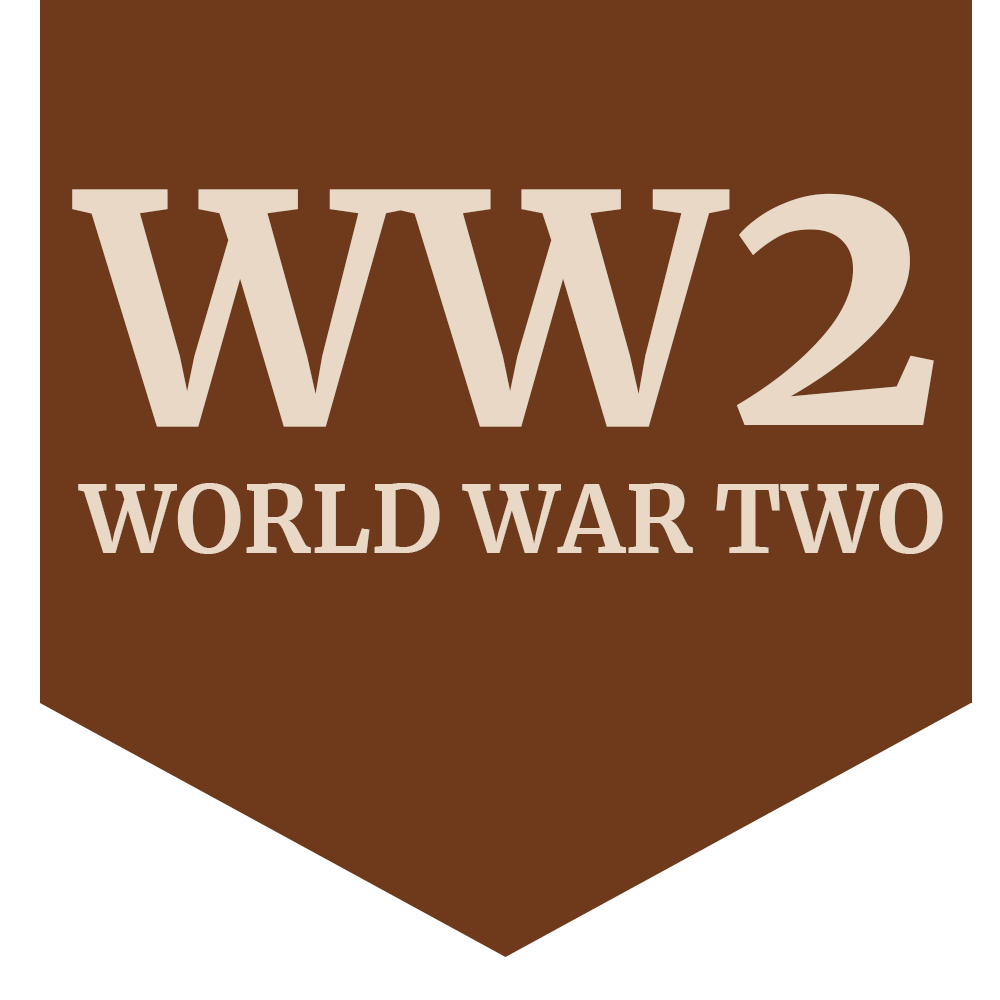
Thomas Edward Lionel Smith
- Family History
- Military history
- Extra information
- Photographs
Son of Samuel and Mary Smith; husband of Florence Fanny Smith of Sneinton Dale Nottingham
PORTSMOUTH NAVAL MEMORIAL Panel 65 Column 1
HMS Hecla
HMS Hecla was a Destroyer Depot ship commissioned on January 6th 1941. In 1941 HMS Hecla was based at Hvalfjord, Iceland, she tended the captured German U-boat U-570 until the boat was towed to UK and renamed HMS Graph. On May 15th whilst on passage eastward to join the Far Eastern Fleet Hecla was seriously damaged by a mine. Dozens of torpedoes and mines were scattered and destroyed, but none exploded. 24 men lost their lives, and 112 were wounded. The dead were buried in False Bay Simonstown, South Africa which she had reached under tow.
During September 1942, Hecla was again declared operational. On November 12th, during the Allied landings in North Africa, HMS Hecla (A/Capt. George Vivian Barnett Faulkner, RN) was torpedoed just after midnight by U-515 and sunk west of Gibraltar in position 35º43'N, 09º54'W. The escorting destroyer HMS Marne was also torpedoed whilst attempting to rescue the survivors and had to be towed to Gibraltar. The destroyer HMS Venomous succeeded in rescuing more survivors from Hecla and landed them at Casablanca. (u boat.net)
568 were rescued from Hecla but 279 died including six Nottinghamshire men – Stoker 1st Class Sydney Drake from Newark, Ordnance Artificer 4th Class Frank Giles from Chilwell, Joiners 4th Class Reginald Hewitt from Worksop and Harold Lloyd from Nottingham, Steward Rufus Smith from Nottingham and Able Seaman Thomas Smith from Sneinton Dale, Nottingham.
The painting of HMS Hecla sinking by Lieutenant Herbert Hastings McWilliams SANF was based on sketches he made aboard HMS Venomous after his rescue on the back of an old chart with a throat brush and iodine from the sick bay. The finished painting is in the Imperial War Museum, London, but is not on public display.
Unknown
No photos

